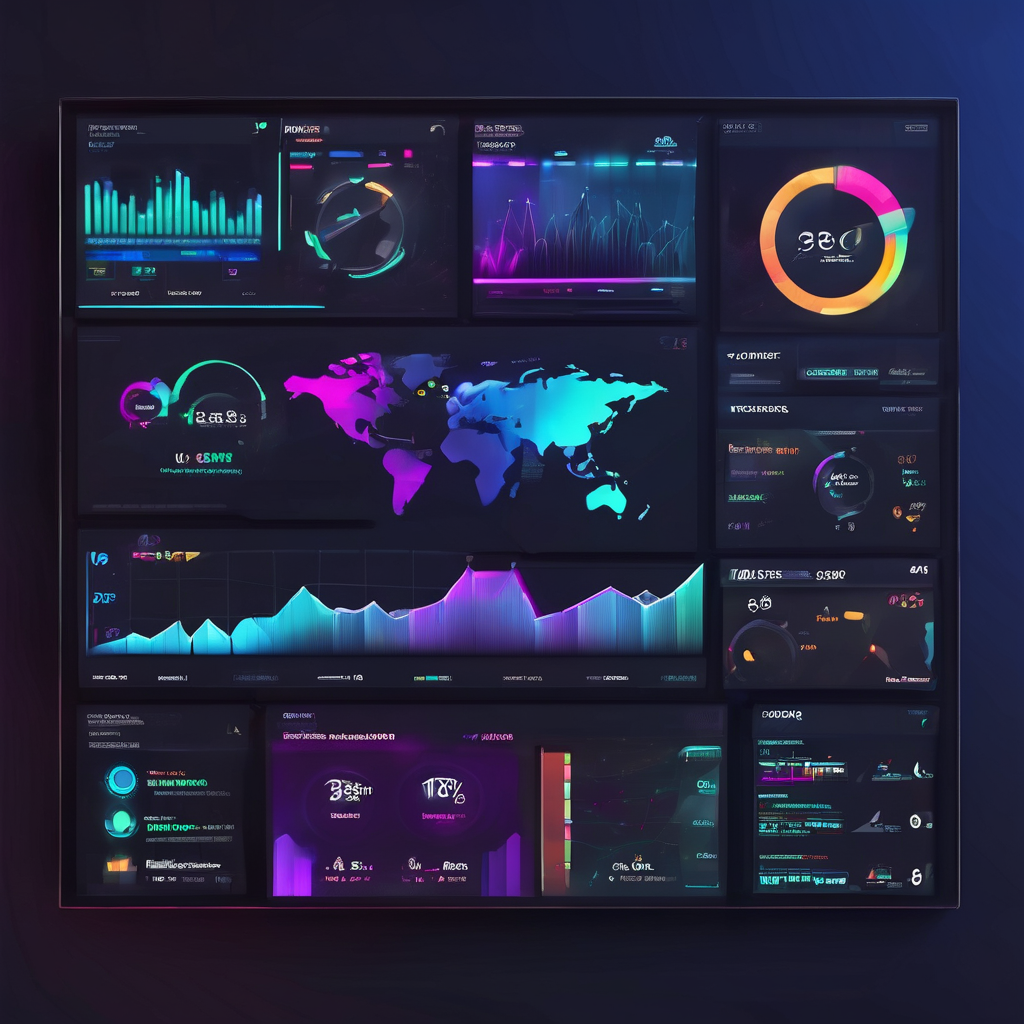
According to Michael Dowling, CEO of Northwell Health, and Charles Kenny, executive editor of the Northwell Series on Health Care Innovation, the hype around AI in healthcare has exceeded the actual results. In their book Health Care Reboot, published in 2018, they acknowledged that while telehealth is already established, AI is still in its early stages. However, the potential of AI in swiftly diagnosing complex conditions and prescribing treatment plans has generated excitement for the future. Fast forward to the present, and while the hype still surpasses reality, researchers are making progress in developing machine-learning models that assist doctors in making diagnoses faster and more cost-efficiently than human practitioners could. One such AI is being developed to predict the risk of serious cardiovascular conditions in patients, and initial results show promise. Cardiovascular diseases are the leading cause of death in the US, with 695, 000 Americans dying from heart disease in 2021 alone. Globally, the toll is even more staggering, with an estimated 17. 9 million deaths per year, accounting for one-third of all fatalities. Doctors have various methods to predict the likelihood of cardiovascular diseases, one of which is "abdominal aortic calcification" (AAC). AAC occurs when plaque, containing calcium, accumulates in the abdominal aorta over time, leading to the hardening of the arteries. Detecting calcification at an early stage allows doctors to inform patients and recommend steps to reduce the risk of heart attacks or strokes later in life. Fortunately, measuring AAC in patients does not require invasive or expensive tests. A simple X-ray, commonly used for detecting osteoporosis, can visually assess the calcification in the abdominal aorta and generate a scoring system based on the measurements. The higher the score, the greater the risk. However, analyzing and scoring X-ray images requires trained specialists, making the process costly and time-consuming.
This is where AI comes in. Researchers at Edith Cowan University have developed a neural network that can analyze X-ray images for AAC buildup. After training, the algorithm underwent validation testing using a real-world dataset of around 5, 000 images. The AI's scores were compared to those provided separately by imaging specialists to determine accuracy. The results revealed that the AI matched the specialist's score (low, moderate, or high AAC) about 80% of the time. The AI only misdiagnosed high AAC when it was actually low AAC in 3% of cases. Joshua Lewis, the study's principal investigator, emphasized the impressive potential of version 1. 0 of the system but noted that there is room for improvement. Lewis highlighted the possibility of large-scale cardiovascular disease screening, enabling people at risk to make lifestyle changes even before symptoms arise. The efficiency of the AI is remarkable, with the ability to analyze 60, 000 images per day compared to the 5-15 minutes it takes a human specialist to analyze a single image. This speed and accuracy could revolutionize cardiovascular disease detection during routine clinical practice, offering new approaches for early intervention. The study, published in the peer-reviewed, open-access medical journal eBioMedicine, showcases just one AI technology among many in development that could eventually help predict the risk of various diseases. Other teams are working on diagnosing breast and pancreatic cancer, along with different methods of identifying heart disease. These AI tools can act as initial screenings, providing individuals with an understanding of their risk before symptoms appear. While the dream of an AI completely capable of complex diagnoses and treatments remains distant, bespoke AI systems may soon streamline routine processes, reduce backlogs, and allow doctors to spend more time with patients rather than screens. As Dowling and Kenny noted years ago, sometimes the simplest technologies can make a significant difference in patient care.
None


C3.ai, a leading enterprise artificial intelligence software provider, has announced a major restructuring of its global sales and services organization to boost operational efficiency and better align resources with long-term growth goals.

Snack manufacturer Mondelez International is utilizing a newly developed generative artificial intelligence (AI) tool to drastically cut costs in marketing content creation, achieving a 30% to 50% reduction in production expenses, according to a senior company executive.

South Korea is poised to make a major advancement in artificial intelligence by planning to build the world’s largest AI data center, with a power capacity of 3,000 megawatts—about three times larger than the existing "Star Gate" data center.

In August 2025, OpenAI announced a major milestone: ChatGPT, its advanced conversational AI platform, had reached an impressive 700 million active weekly users.

Krafton, the well-known publisher behind popular games like PUBG and Hi-Fi Rush, is undertaking a bold strategic transformation by integrating artificial intelligence (AI) into almost every aspect of its operations.

The rise of AI-generated video content has sparked significant discussion in the digital media industry, bringing urgent ethical concerns to the forefront.

Artificial intelligence (AI) is becoming an essential tool for improving user experience and engagement through advanced search engine optimization (SEO) techniques.
Launch your AI-powered team to automate Marketing, Sales & Growth

and get clients on autopilot — from social media and search engines. No ads needed
Begin getting your first leads today